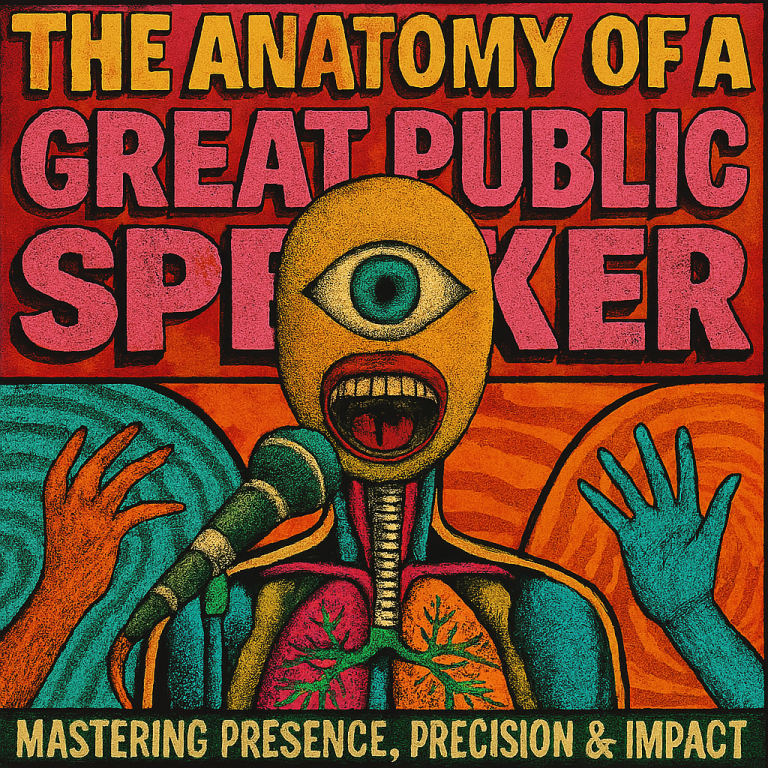When Consequential Psychology Goes Wrong And The Dark Side Of Mental Processes
When Psychology Goes Wrong
Understanding the Dark Side of Mental Processes
Psychology is the study of the human mind and behavior, offering insights into thoughts, emotions, and actions. When applied correctly, psychological principles can enhance well-being, improve relationships, and guide effective decision-making. However, psychology can go wrong—whether through unethical practices, misinterpretations, or harmful psychological conditions. When this happens, the consequences can be devastating, affecting individuals and society at large.

The Negative Side of Psychological Disorders
Severe Mental Illness and Its Societal Impact
While mental health awareness has improved, severe mental illnesses—such as schizophrenia, personality disorders, and treatment-resistant depression—can lead to significant challenges. When left untreated or mismanaged, individuals may suffer profound personal distress, experience isolation, and, in extreme cases, engage in harmful behaviors. Misdiagnosis, lack of appropriate support, and inadequate treatments can worsen these conditions, reinforcing the stigma surrounding mental health.
Psychopathy and Antisocial Behavior
Psychopathy and antisocial personality disorder are psychological conditions associated with a lack of empathy, manipulative behaviors, and, in some cases, violent tendencies. Individuals with these traits may exploit others, engage in criminal activities, or display reckless behavior without remorse. While psychology helps us understand these conditions, interventions often struggle to rehabilitate individuals with deep-seated antisocial traits.
Unethical Applications of Psychology
Manipulative Psychological Techniques
Psychological principles can be exploited for unethical purposes, often observed in marketing, politics, and interpersonal manipulation. Techniques such as gaslighting, cognitive dissonance exploitation, and emotional coercion can be used to control individuals or large groups. When psychology is harnessed with harmful intent, it can lead to misinformation, psychological abuse, and societal harm.
Historical Psychological Experiments Gone Wrong
The misuse of psychology has been evident in unethical experiments throughout history.
The Stanford Prison Experiment, where participants adopted aggressive, authoritarian behaviors in simulated prison conditions, leading to severe psychological distress.
The Milgram Obedience Study, which demonstrated how ordinary people could administer potentially lethal shocks to others under authoritative pressure.
The MKUltra Experiments, conducted by the CIA, which involved unethical drug testing and psychological manipulation without consent.
These cases illustrate the dangers of psychological experimentation without ethical oversight, showcasing how psychology can be used to harm rather than heal.

The Psychological Consequences of Trauma
Long-Term Impact of Trauma on the Mind
Psychological trauma—resulting from abuse, neglect, accidents, or disasters—can have profound effects on mental health. Individuals with post-traumatic stress disorder (PTSD) often experience flashbacks, emotional numbness, and difficulty maintaining relationships. When trauma is left untreated or exacerbated by harmful psychological interventions, recovery becomes challenging, leading to lifelong struggles with mental stability.
How Negative Psychological Conditioning Shapes Behavior
Repeated exposure to harmful environments or toxic belief systems can shape a person’s psychological responses in destructive ways. This is seen in cases of chronic emotional abuse, cult indoctrination, and prolonged exposure to stress. When individuals are conditioned negatively, they may develop self-destructive behaviors, irrational fears, or even engage in violence. Understanding how psychology influences long-term behavioral patterns is crucial in preventing harmful psychological outcomes.
Perspectives on Psychology Gone Wrong
Misdiagnosis and Its Consequences
One of the greatest risks in psychology is misdiagnosis. When individuals are inaccurately diagnosed, they may receive inappropriate treatments, leading to worsened symptoms and unnecessary side effects. Misdiagnosed mental health conditions—such as ADHD, bipolar disorder, or depression—can alter a person’s life significantly, affecting relationships, careers, and self-perception.
The Stigma of Mental Health Disorders
Even in modern society, mental health stigma persists. Misunderstanding of psychological disorders can lead to discrimination, social isolation, and barriers to treatment. When stigma reinforces negative stereotypes, individuals may feel ashamed of seeking help, delaying critical interventions that could improve their quality of life.
The Dark Side of Behavioral Conditioning
Behavioral psychology teaches us that positive reinforcement shapes habits, but negative reinforcement can be used manipulatively. Conditioning techniques—such as punishment-based learning, psychological intimidation, and systematic indoctrination—can be weaponized for control. This is commonly seen in authoritarian regimes, cults, and abusive relationships, where individuals are conditioned into obedience and dependency.

Psychological Effects of Long-Term Stress
Chronic stress alters brain chemistry, leading to physical and mental deterioration. Over time, heightened cortisol levels can contribute to anxiety disorders, cognitive decline, and weakened immune responses. Workplace burnout, toxic relationships, and extreme life pressures all trigger long-term stress responses that have devastating consequences on mental well-being.
The Influence of Pseudoscience on Mental Health
While psychology is a scientific discipline, pseudoscientific ideas frequently infiltrate mental health discussions. Concepts such as unverified self-help techniques, alternative therapies without evidence, and myths surrounding brain function can mislead individuals into ineffective treatments. When people rely on misinformation instead of proven psychological research, their mental health can suffer as a result.
Conclusion
While psychology is a powerful tool for understanding and improving human life, its misuse and failures can lead to devastating consequences. Unethical practices, misdiagnosed disorders, manipulative techniques, and the lasting effects of trauma all demonstrate what happens when psychology goes wrong. By acknowledging these issues, society can work toward ethical applications of psychological knowledge, ensuring mental health care remains compassionate, well-informed, and protective against harm.
Join the Discussion
What are your thoughts on these additional insights into psychology gone wrong? Do you think psychology is used ethically in modern society?








Only wanna admit that this is very useful, Thanks for taking your time to write this.
I wanted to thank you for this great read!! I definitely enjoying every little bit of it I have you bookmarked to check out new stuff you post…